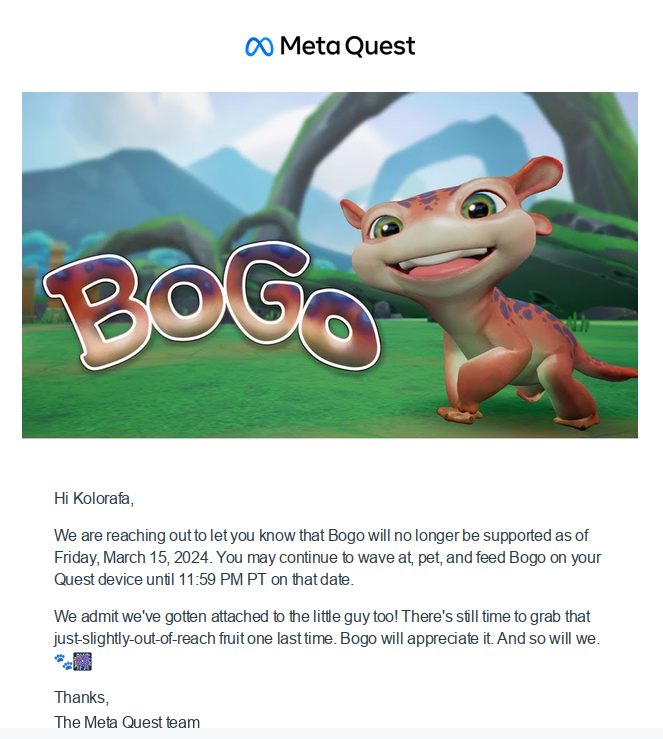This should be illegal, companies should be forced to open-source games (or at least provide the code to people who bought it) if they decide to discontinue it, so people can preserve it on their own.

This should be illegal, companies should be forced to open-source games (or at least provide the code to people who bought it) if they decide to discontinue it, so people can preserve it on their own.

No, I am not referring to that. YouTubers have the option to download their own videos. Not steal it with a video downloading tool.
That's YouTube's processed video not the original.
And when you download the processed video and reupload it, it's a 1 to 1 conversion of the same video codec, and every generation it gets worse. That example is a low hanging fruit, but the concept applies to everything.
That 1:1 conversion through the same codec is very likely lossy. However that's not a straight file copy which is what you originally said causes degradation.
You really jumped in here to tell me exactly the contents of a comment I made just below it in the thread, as if I didn't already know it.
I jumped in to point out the flaw in the YouTube experiment you're referring to.
Can you think of a better visual example that a simple person could see and understand?
Imo, an easy way to remove YouTube's postprocessing from the equation would be to copy a video file to and from a nas or other computer several times and compare it with the untouched file.
No, this is because YouTube compresses every file before distributing it. This happens even when downloading on the creator side.
Literally every file distribution method compresses the media first. A better argument was that YouTube re-encodes the video during the re-upload with a particularly lossy method to save on bandwidth and server space.